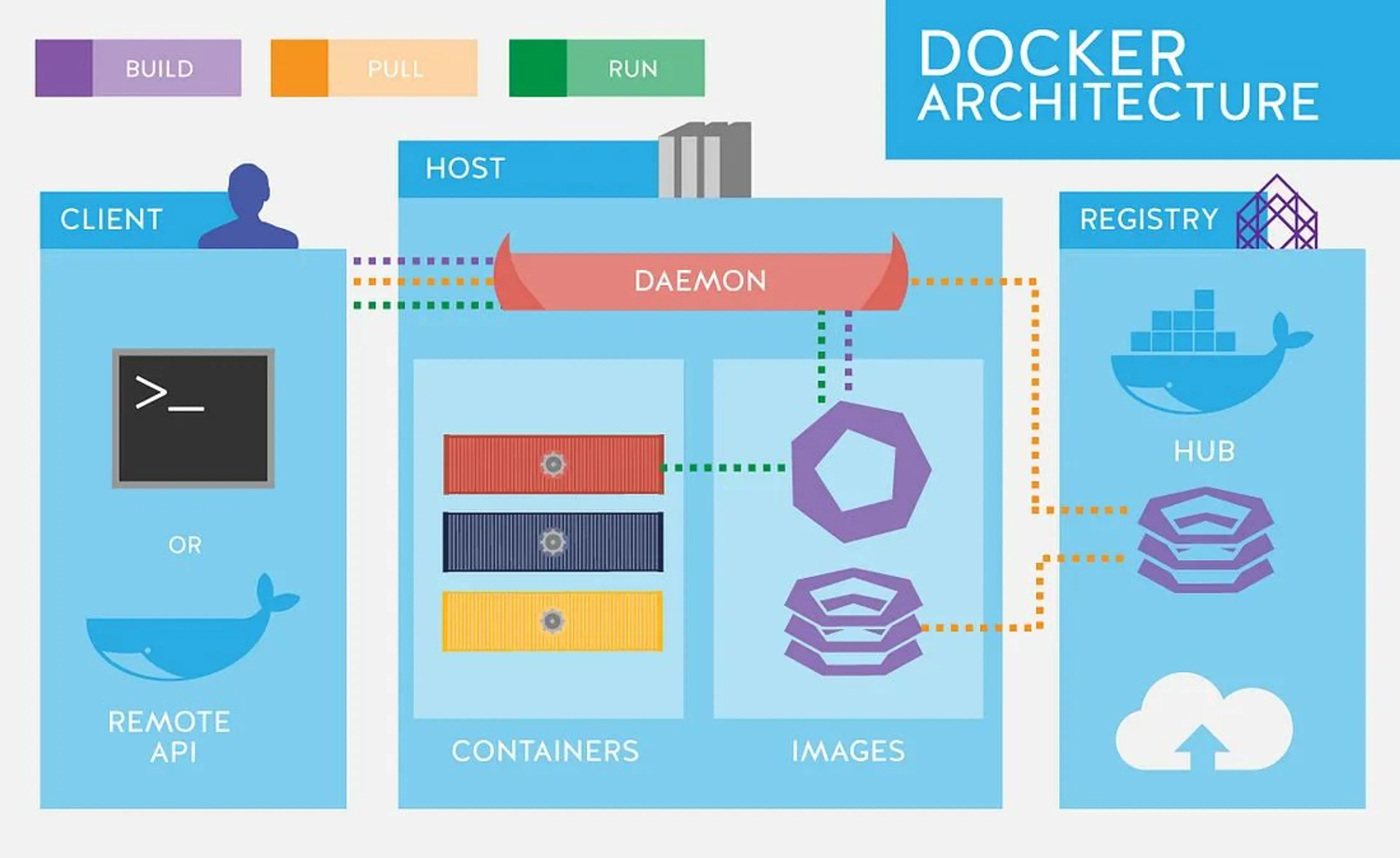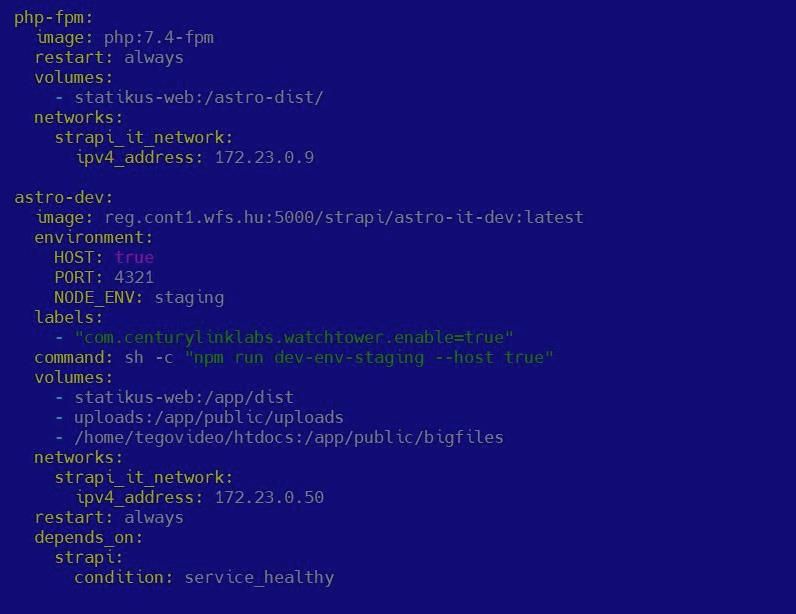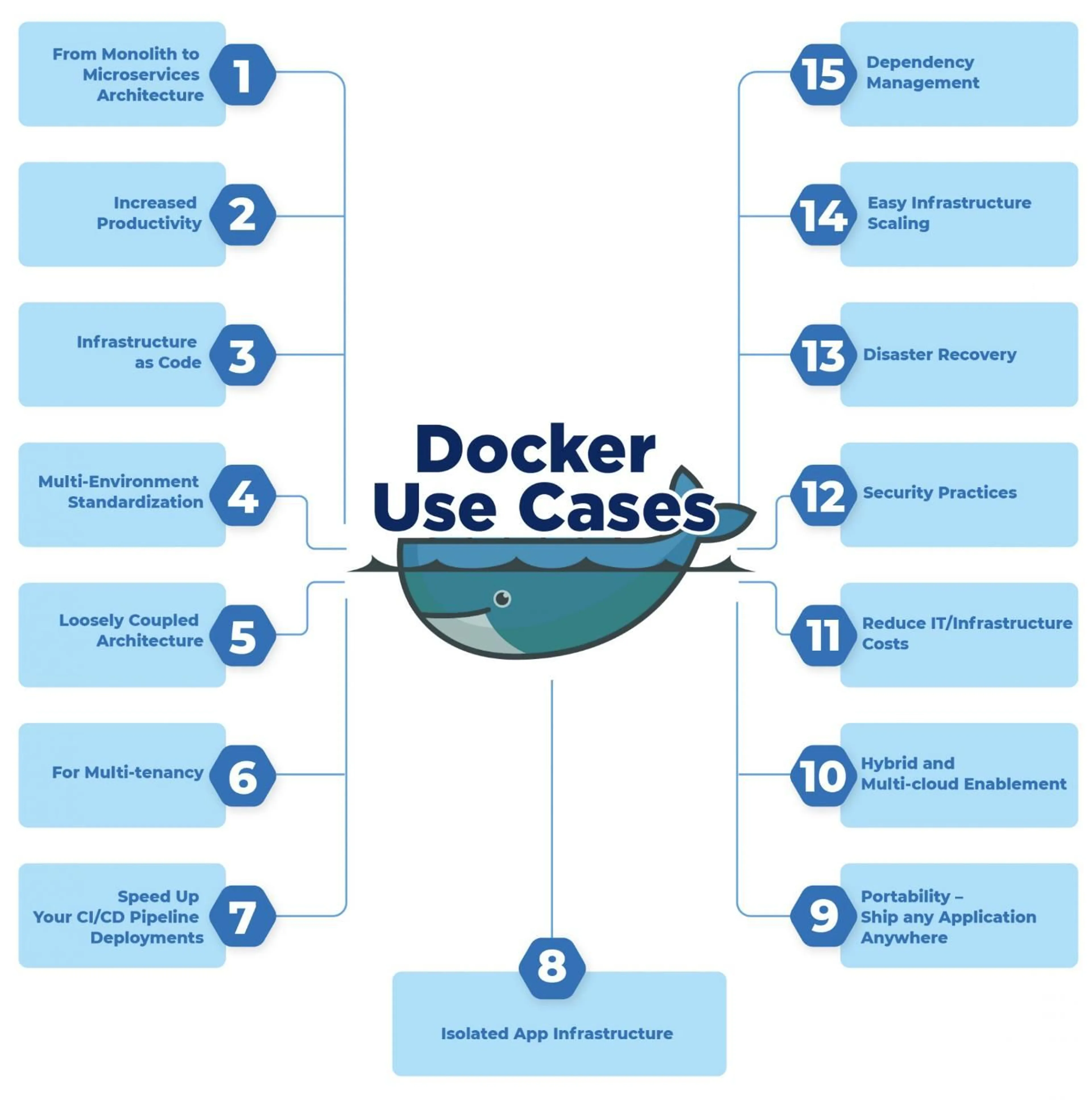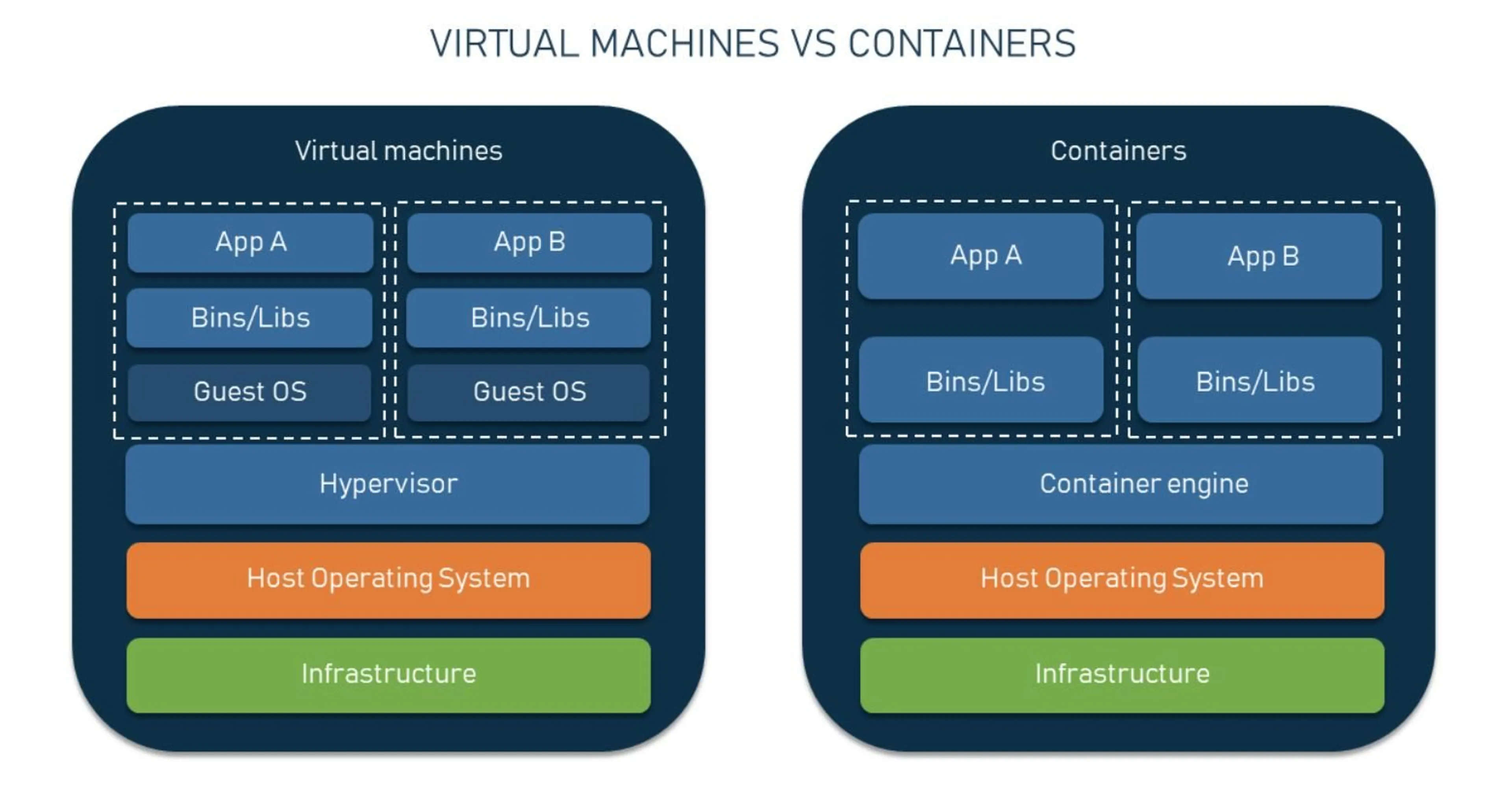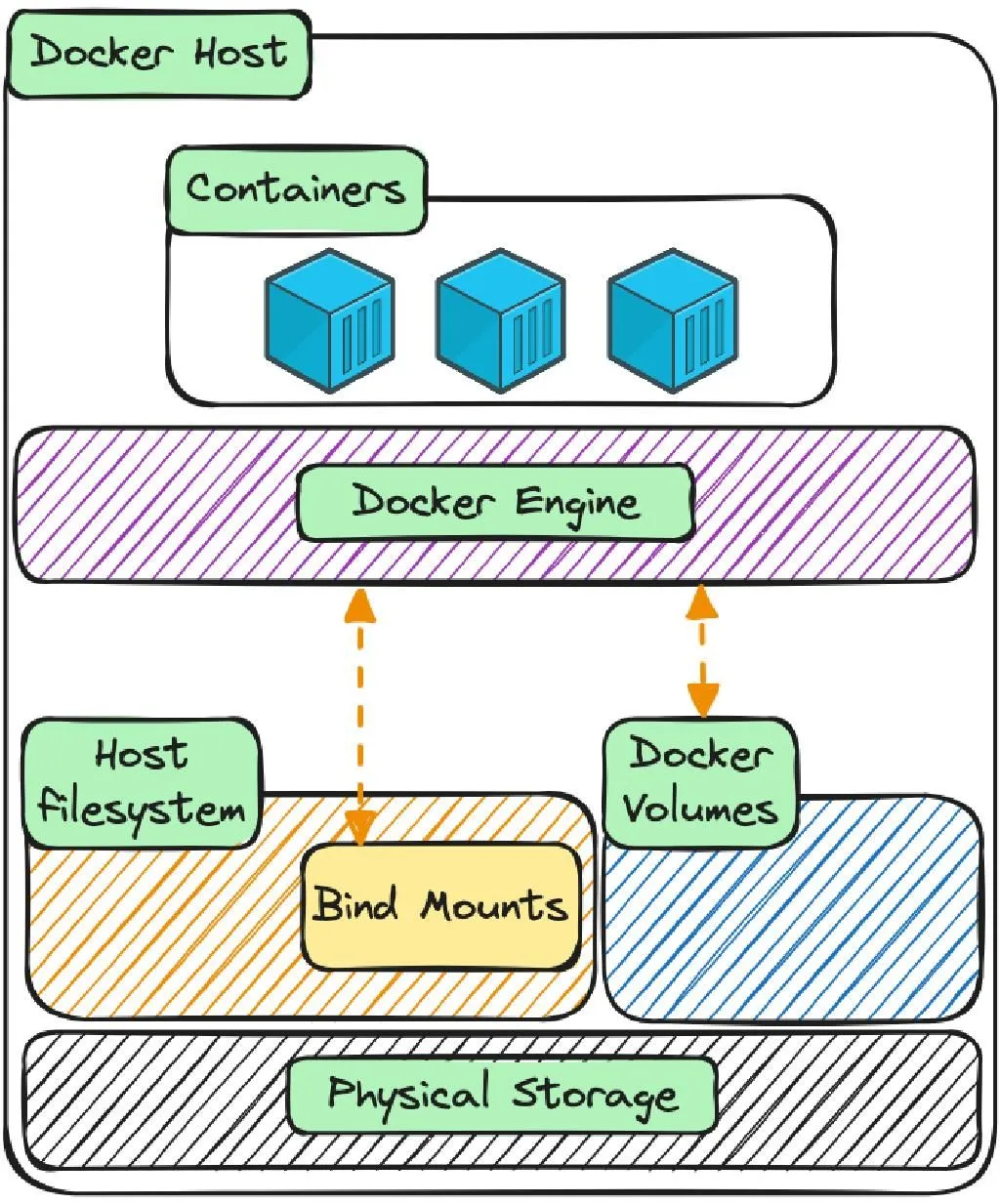The Docker has revolutionized software development by packaging the software being developed and its entire runtime environment into a single container. This ensures that developers can use exactly the same environment during development and production, eliminating errors caused by environmental differences. As a result, the development process becomes more reliable, avoiding classic issues where an application behaves differently in different environments. Additionally, Docker provides the capability for rapid application scaling and efficient support for CI/CD processes.
Bela Roboz
Web Designer
Developer
Freelancer
Bela Roboz
Web Designer
Developer
Freelancer
UX designer
React developer
Java-Spring-Keycloak
Blog Post
Docker: Unified Development and Runtime Environment
Configurability Down to the Smallest Details
Applications running in Docker containers are fully customizable. With the Dockerfile, unique software environments can be created by specifying the required packages, libraries, and configurations. Additionally, the docker-compose tool allows defining the various components of an application and their relationships within a single configuration file.
Complex Services and Isolated Networks
With docker-compose, not only can individual services (e.g., database, backend, frontend) be defined, but they can also be easily isolated from each other. Docker's networking layer ensures that a given service can communicate only with the components intended for it, significantly enhancing security and reducing the possibility of inconsistencies between environments.
Proven Configurations Quickly Restored
One of Docker's greatest advantages is that a previously proven working configuration and software version can be restored at any time in the form of a Docker image. This is especially crucial in production environments, where a sudden issue can be quickly resolved by applying a stable image.
Persistent Volumes and Data Management
One of Docker's key capabilities is managing persistent volumes, which enable long-term data storage and sharing between containers. With volumes, it is possible to mount file structures from other operating systems into a container or ensure permanent data storage for restarting containers. This guarantees the long-term preservation of application data, regardless of whether containers restart or are deleted.
Volumes provide simple backup and restoration options. The contents of a Docker volume can be easily archived and transferred to other systems, facilitating data backup and migration. This is particularly important in enterprise environments, where consistent and secure data storage plays a crucial role.
Development and Testing on the Target Operating System
With Docker, development occurs from the early stages in an environment that precisely matches the production runtime conditions. There is no need to set up separate virtual machines or manually configure the development environment on every developer's machine. This means that the later deployment will be faster and more seamless.
Summary
Docker offers numerous advantages: it helps maintain a consistent environment, enhances security, accelerates development and testing cycles, and simplifies complex build processes. Whether for a small project or a large enterprise application, Docker provides significant benefits and has become an essential tool in modern software development.
